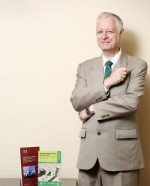March 6-10, 2016
Vancouver, BC| Sheraton Vancouver Wall Centre

“Six Decades of Comparative and International
Education: Taking Stock and Looking Forward”
Call for Proposals
Early bird submission deadline: September 15th, 2015
Final submission deadline: October 15th, 2015
* Please note that the final submission deadline will NOT be extended beyond this date. No exceptions will be made.*
The Comparative and International Education Society (CIES) is pleased to announce its 60th Annual Conference, which will be held at the Sheraton Wall Centre Vancouver Hotel, in Vancouver, Canada from March 6-10, 2016.
Six Decades of Comparative and International Education: Taking Stock and Looking Forward
The CIES was founded in 1956, and is the world’s oldest society in the field of comparative and international education. The 1950s were an era of post-war economic growth, decolonization, and Cold War geopolitics – an age of typewriters rather than computers, in which international travel was possible only for the privileged few. The 60th annual conference will consider how the Society and the field have evolved during the decades, and where they are (and/or should be) going.
The field of comparative and international education is wide, and has different emphases in different parts of the world and in different periods of history. Conference participants are invited to address the theme from perspectives of their particular specializations, theoretical and practical standpoints, geographic locations, and academic and professional identities. Much has changed since 1956 and intervening points. What does it mean for the goals, spirit and tools of our work? What would we like to see in the future, and how will we achieve it?
Proposal Dates and Submission Categories
With the above in mind, the CIES 2016 Planning Committee invites you to submit proposals in the following categories:
- Individual papers
- Individual posters
- Group poster sessions
- Group panel sessions
- Workshops
All proposals should contribute to the advancement of theory, practice, methodology and/or fieldwork in comparative and international education. Please be sure to review and align your proposal with the assessment criteria below.
The early bird deadline is September 15th, 2015. The final deadline for all submitted proposals is October 15, 2015. Proposals should be electronically submitted through the CIES online submission system, and comply with the requirements detailed in the guidelines below. Proposals that do not comply with these requirements will not be considered for inclusion in the program.
*Note: At this time, CIES is in the process of searching for a potentially new online submission system. Further details concerning where and how to submit proposals will be provided as soon as they are available.
CIES membership is required to present at the Conference. If you are not currently a member of CIES please take a few minutes and become a member by registering at the CIES webpage: http://www.cies.us/?page=Join
I) SUBMISSION GUIDELINES FOR INDIVIDUAL PRESENTATIONS AND INDIVIDUAL POSTERS
Proposals for an individual presentation or poster should be 500-750 words in length and should include the following information even if the results, findings and/or conclusions are still preliminary at the time of submission:
- Objectives or purposes.
- Main perspective or theoretical/conceptual framework used.
- Analytical methods, research design, or modes of inquiry.
- Data sources or evidence.
- Results and/or conclusions.
- Significance of the study to the field of comparative and international education.
When you submit your individual proposal you will be asked to indicate your preferred format (poster/presentation); the Conference Committee will make every effort to honor your first preference but due to the quantity of submitted proposals, you may be assigned your second choice.
While a paper session offers the opportunity to present your paper alongside 3-4 co-presenters, poster sessions can be a highly effective way to present a larger research project and allow you to interact with a larger number of researchers in an informal and dynamic fashion.
Individuals may only submit ONE proposal (as presenter – Full details of this strictly enforced policy are below) for the conference*, including to any of the following sessions:
- A session in the general conference program; or
- A session organized by a CIES Special Committee (Gender and Education, New Scholars, or Under-represented Racial, Ethnic and Ability Groups); or
- A session organized by a CIES Special Interest Group (SIG).
* Please note one exception: Individuals submitting a proposal to the New Scholars Dissertation Mentoring or Publications Workshop may also submit a proposal to the general pool, to another Standing Committee or a SIG. See also “Participation Limits” below for further details.
To find out more about Special Committees, or any of the 19 topic-based or 6 regional SIGS, please visit the CIES website at http://www.cies.us/?page=SIGs (see sections on Special Committees and Special Interest Groups).
II) SUBMISSION GUIDELINES FOR GROUP PANEL AND GROUP POSTER SESSION PROPOSALS
Proposals for group panel OR poster presentations should include the following information:
- A 500-750 word summary of the overall panel or poster session proposal, with the following information:
- Title of the panel OR poster session.
- Objectives and main questions to be addressed in the panel or poster session.
- Main perspectives and/or theoretical/conceptual frameworks
- Importance of the panel/poster session to comparative/international education or the conference theme
- Description of how the session will be structured
- A 200-250 word description of each individual presentation OR poster, which includes the following information:
- Objectives or purposes of the paper/poster
- Perspective or theoretical/conceptual framework
- Analytical methods, research design, or modes of inquiry
- Data sources or evidence
- Main results and/or conclusions
- Significance of the presentation to the overall panel topic
- A list of the panel members including their institutional affiliations and contact information.
III) SUBMISSION GUIDELINES FOR A WORKSHOP PROPOSAL
Each Workshop proposal should include the following information:
- A 750-word summary describing the objectives of the workshop, the target audience, instructional goals, and planned workshop activities.
- A list of the names and institutional affiliations of the instructional staff.
- A list of equipment or room set-up requirements.
GENERAL POLICIES
a) CIES membership is required to present at the CIES 2016 Conference. If you are not currently a member of CIES, please take a few minutes and become a member by registering on the CIES webpage: http://www.cies.us/?page=Join
b) Participant attendance requirement. All authors of accepted papers and all participants in panel sessions are expected to attend the CIES conference and be present at the scheduled session. If an emergency or other circumstance prevents an author from attending the CIES Meeting, s/he should immediately notify the CIES 2016 Planning Committee (cies2016@cies.us)
c) Participation limits. To allow as many conference attendees to present as possible, we will be enforcing the following participation policy:
- Individuals may submit only one proposal for an individual, poster or panel presentation.
- An individual may appear as a presenter only once in the final program, with the exception of special invited sessions, presentations, or for New Scholars Committee Dissertation Mentorship Workshop or Publication Workshop participants. Another exception can be made for those who are listed as non-presenter in multi-authored papers or as another invited role, such as: discussant, non-presenting session chair or participant in special events.
- To avoid duplication of presentation content, individuals with multiple roles may not present the same material in different sessions. However, this rule does not apply to New Scholars Committee Dissertation or Publication workshops.
- Final decisions on the limits to individual participation in the annual meeting will be made at the discretion of the program committee.
d) Standard presentation equipment (LCD and overhead projectors and PowerPoint-equipped PCs) will be available for all sessions. Presentation slides and electronic materials must be formatted to be compatible with PC / Microsoft Windows. Presentations must be saved to your own personal “memory stick” and be ready to upload prior to your presentation.
e) Proposal review and selection process. All submitted proposals will undergo peer review by experienced scholars and advanced doctoral students in the field of comparative and international education. Acceptance notifications will be sent by October 15, 2015 for submissions received before the early bird deadline and November 15, 2015 for all other submissions.
For more information, visit CIES 2016 homepage!


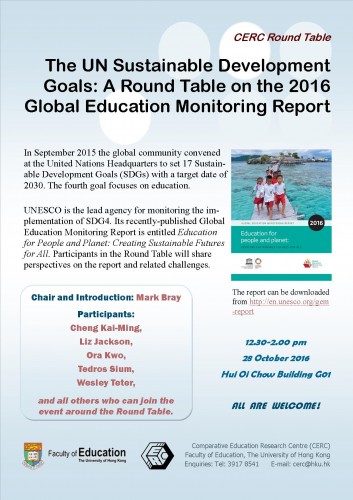
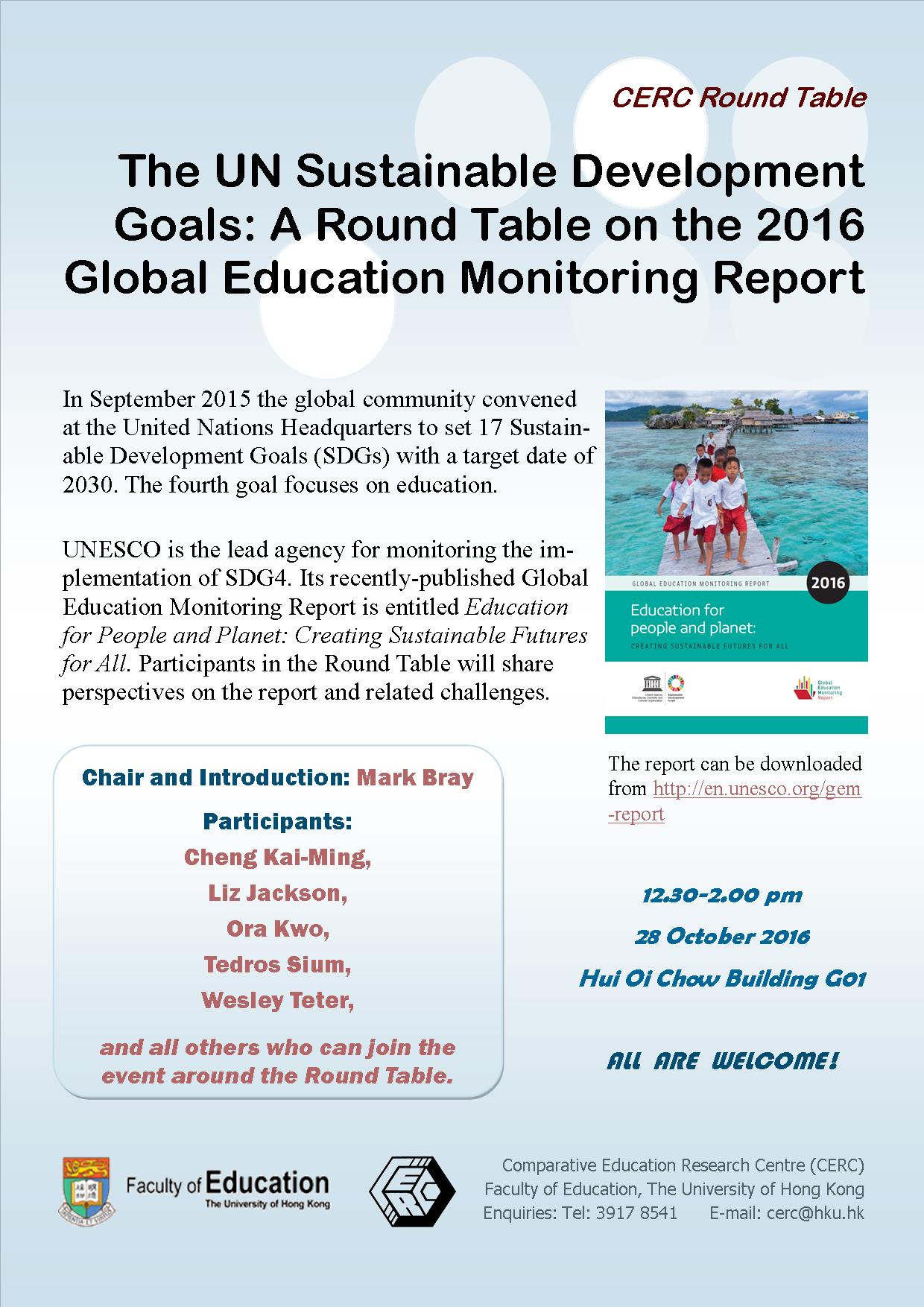

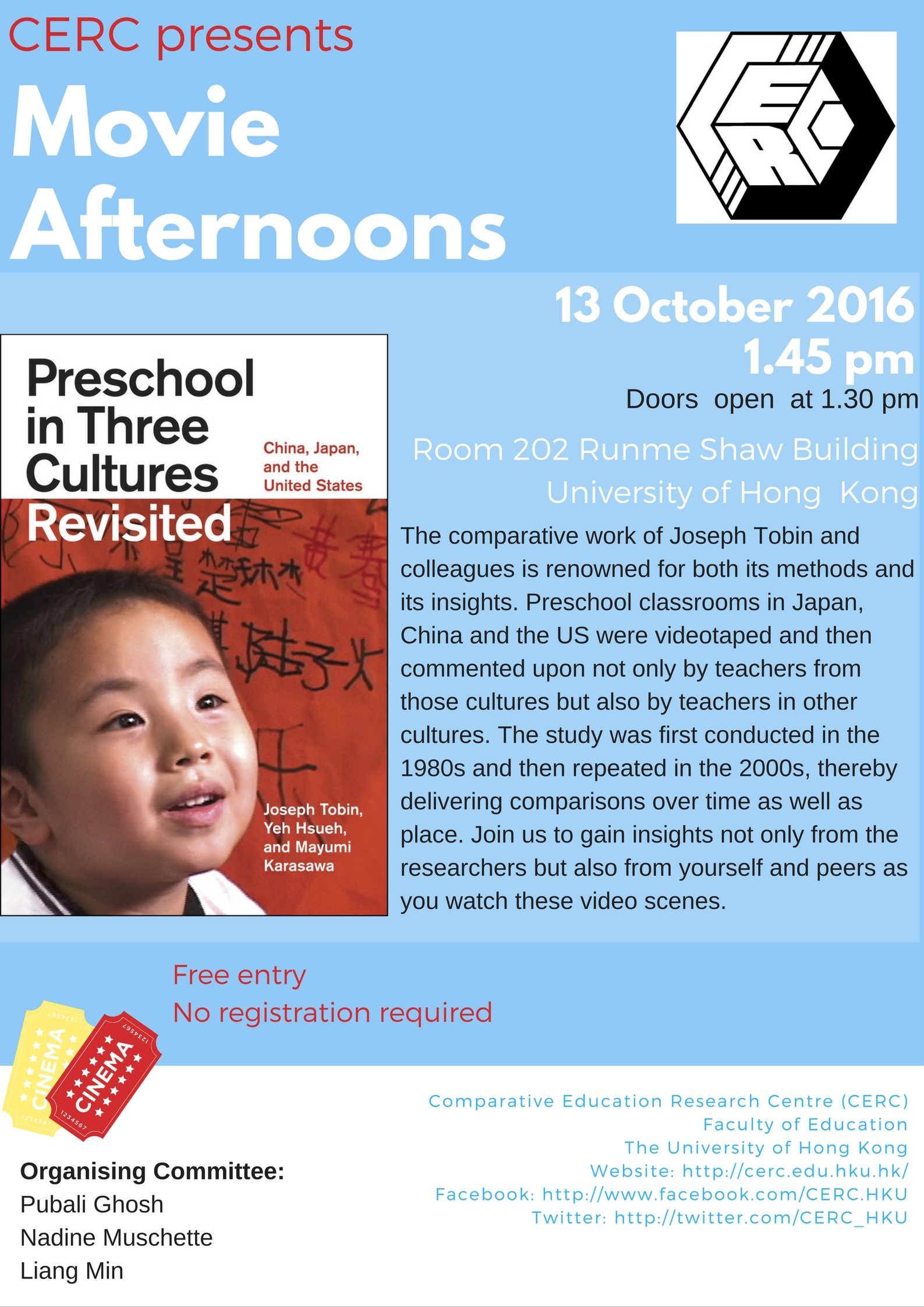
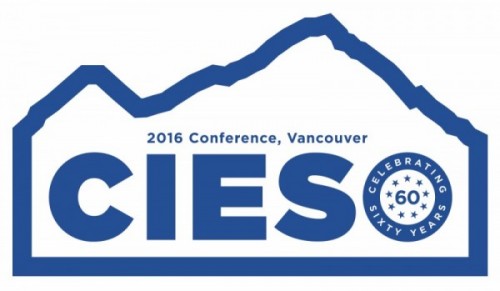

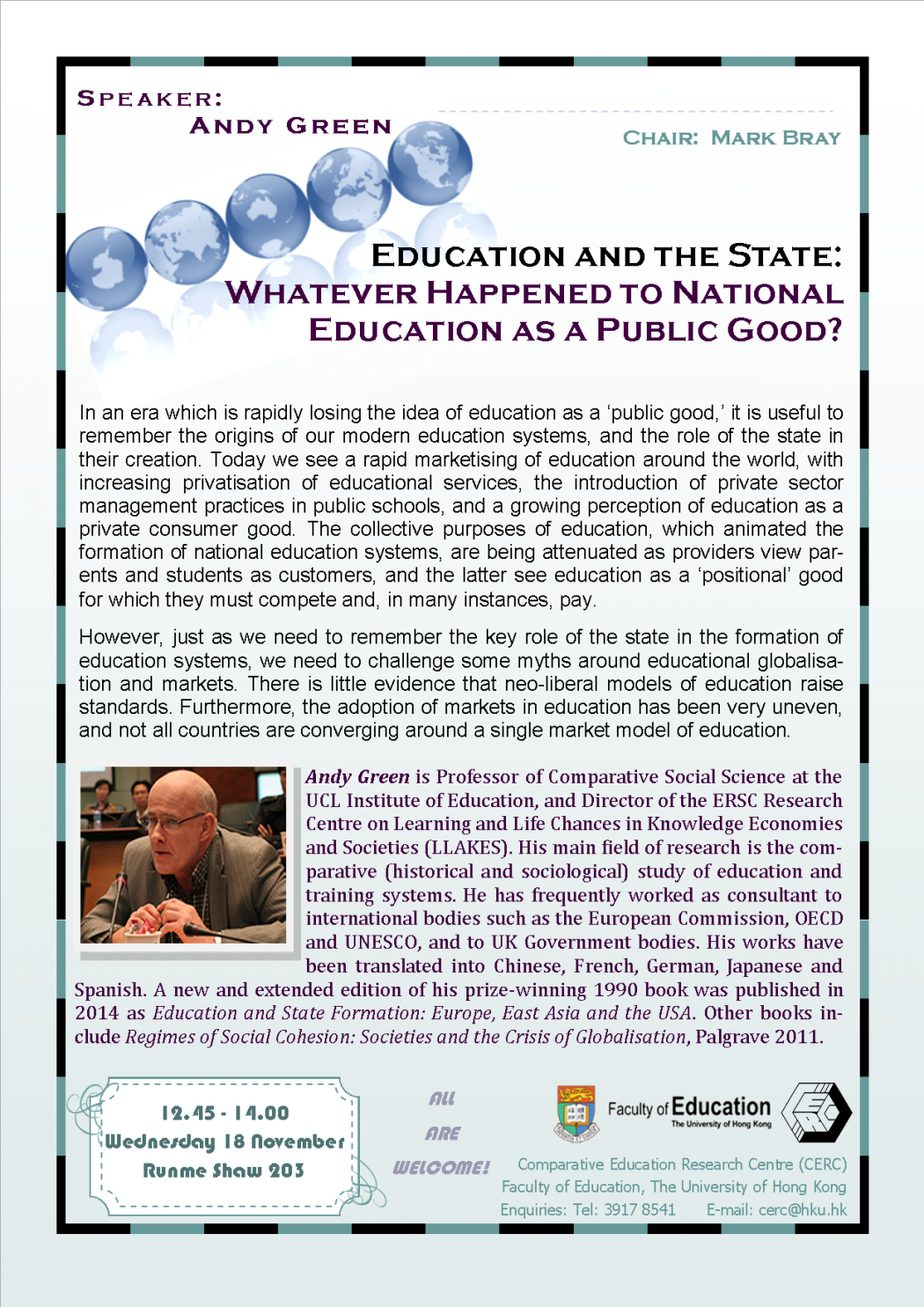
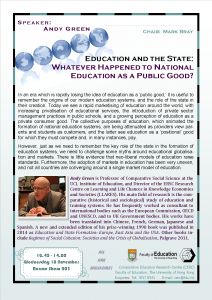

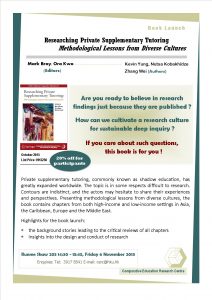
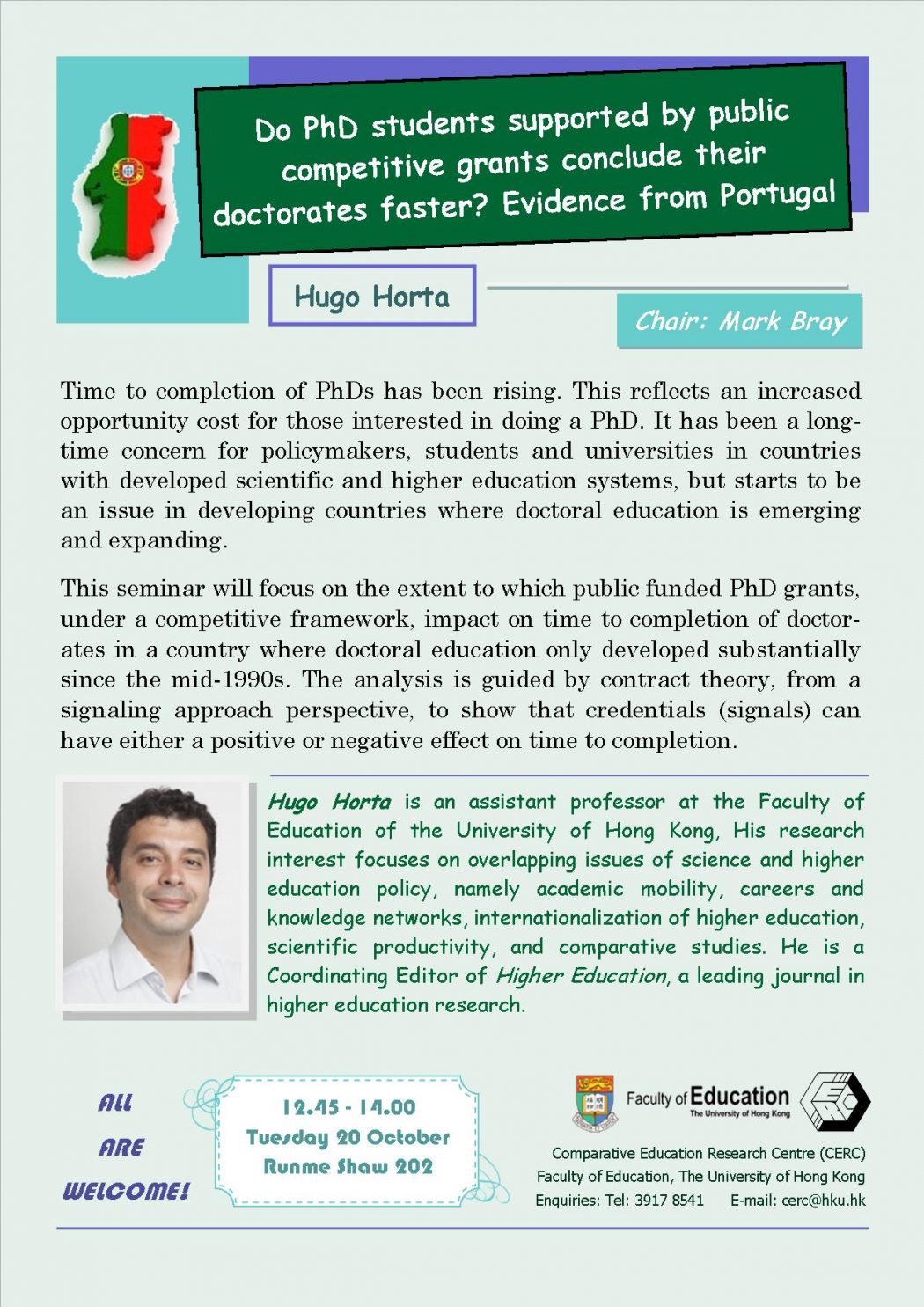
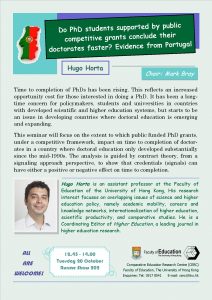
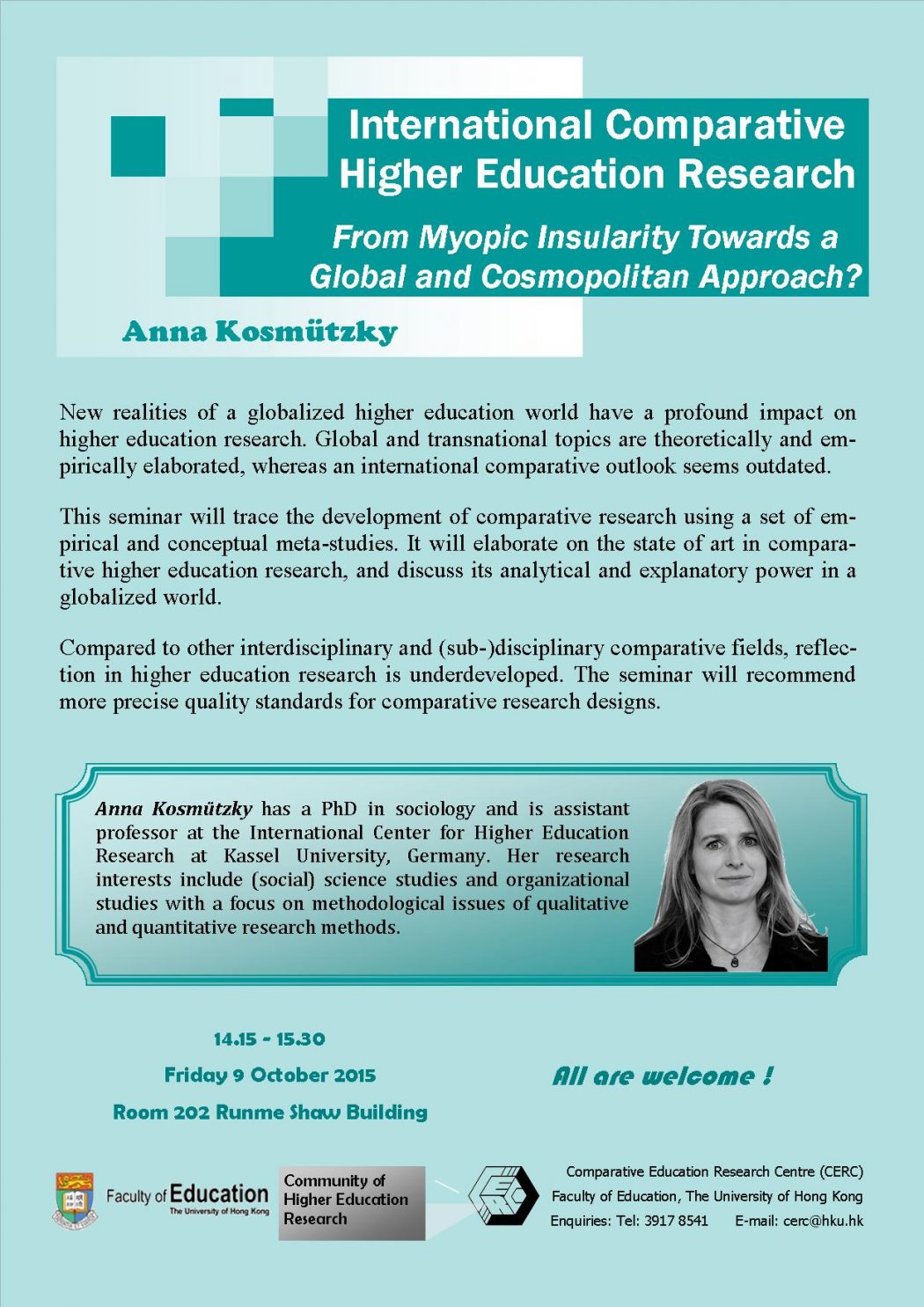
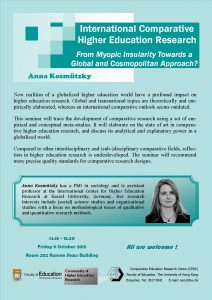

 Yang Rui and Anatoly Oleksiyenko have co-edited a special issue of
Yang Rui and Anatoly Oleksiyenko have co-edited a special issue of 

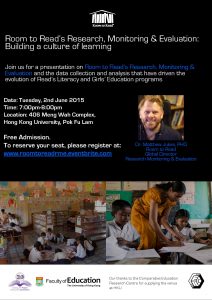


 Mark Bray attended both the main event in his role as UNESCO Chairholder and a companion event for NGOs, representing the
Mark Bray attended both the main event in his role as UNESCO Chairholder and a companion event for NGOs, representing the